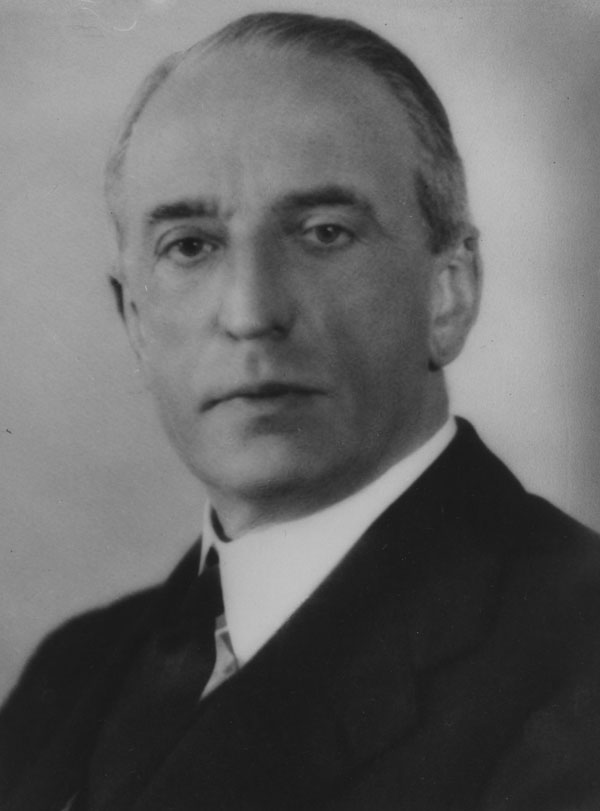Unionist Social Reform Committee on:
[Wikipedia]
[Google]
[Amazon]
 The Unionist Social Reform Committee was a group within the
The Unionist Social Reform Committee was a group within the
 The Unionist Social Reform Committee was a group within the
The Unionist Social Reform Committee was a group within the British
British may refer to:
Peoples, culture, and language
* British people, nationals or natives of the United Kingdom, British Overseas Territories and Crown Dependencies.
* British national identity, the characteristics of British people and culture ...
Conservative Party dedicated to help formulating a Conservative policy of social reform between 1911 and 1914. According to E. H. H. Green, the Committee "saw the earliest, detailed discussion of Conservative principles concerning the role of the State in the provision of social welfare".
History
Arthur Steel-Maitland
Sir Arthur Herbert Drummond Ramsay Steel-Maitland, 1st Baronet (5 July 1876 – 30 March 1935) was a British Conservative politician. He was the first Chairman of the Conservative Party from 1911 to 1916 and held junior office from 1915 to 191 ...
was elected to parliament as a Conservative in January 1910 and in October he sought to bring together Conservative social reformers into a committee. However, this was postponed by the general election of December. The Committee held its first meeting in February 1911. Green stated that Steel-Maitland was "very much the driving force behind the USRC, which under his aegis had become an official party think-tank of Conservative politicians and intellectuals dedicated to formulating Conservative social policy".
In September 1913 the Committee called for rural wage boards, appointed by County Councils and would, if necessary, enforce a minimum wage. This divided the party and party leader Bonar Law
Andrew Bonar Law (; 16 September 1858 – 30 October 1923) was a British statesman and politician who was Prime Minister of the United Kingdom from October 1922 to May 1923.
Law was born in the British colony of New Brunswick (now a Canadi ...
attempted to postpone a decision by telling the party conference in November that an inquiry would be set up looking at the proposals. Infighting continued, however, with Lord Salisbury
Robert Arthur Talbot Gascoyne-Cecil, 3rd Marquess of Salisbury (; 3 February 183022 August 1903), known as Lord Salisbury, was a British statesman and Conservative Party (UK), Conservative politician who served as Prime Minister of the United ...
emerging as one of the foremost opponents of regulating rural wages. He wrote to Steel-Maitland, claiming that a minimum wage should be enforced locally not nationally and should be voluntary, claiming that it would cause unemployment. Steel-Maitland in reply argued that as demand for rural labour exceeded supply, there was no danger of unemployment and that a voluntary minimum wage would not bring underpaying farmers into line.
In the Committee's 1914 book, ''Industrial Unrest'', they argued:
We have in this country now outlived that curious philosophic conception of the relations between the State and the individual which finds its origins in Rousseau and its most powerful exponents on this side of the channel in Bentham, the two Mills,At the outbreak of war in 1914, the Committee was in the middle of an in-depth study on the provision of health care. In an undated paper titled ‘The Theory of Public Health’, the Committee noted that "The boundary between private and the official sphere is constantly changing and sometimes eludes precise definition... t istrue that the voluntary association of individuals here and there intercepts the necessity for public action...that does not affect the general proposition that the care and improvement of its subjects' health must occupy a large place in the outlook of every modern and civilised government".Green, p. 269, n. 147.Herbert Spencer Herbert Spencer (27 April 1820 – 8 December 1903) was an English polymath active as a philosopher, psychologist, biologist, sociologist, and anthropologist. Spencer originated the expression "survival of the fittest", which he coined in '' ...and Cobden... nd thatthe old Cobdenite andlaissez faire ''Laissez-faire'' ( , from , ) is a type of economic system in which transactions between private groups of people are free from any form of economic interventionism (such as subsidies or regulations). As a system of thought, ''laissez-faire'' ...view that the conditions of wages, health, housing and labour among the vast majority of the population of this country was the concern of private individuals and private contract has long since been abandoned.
Publications
*''Poor Law Reform. A Practical Programme'' (1913) *''Industrial Unrest'' (1914)Notes
{{reflistReferences
*E. H. H. Green, ''Ideologies of Conservatism. Conservative Political Ideas in the Twentieth Century'' (Oxford: Oxford University Press, 2004).Further reading
* Jane Ridley, ‘The Unionist Social Reform Committee, 1911-1914: Wets before the Deluge’, ''The Historical Journal'' Vol. 30, No. 2 (Jun., 1987), pp. 391–413. History of the Conservative Party (UK)